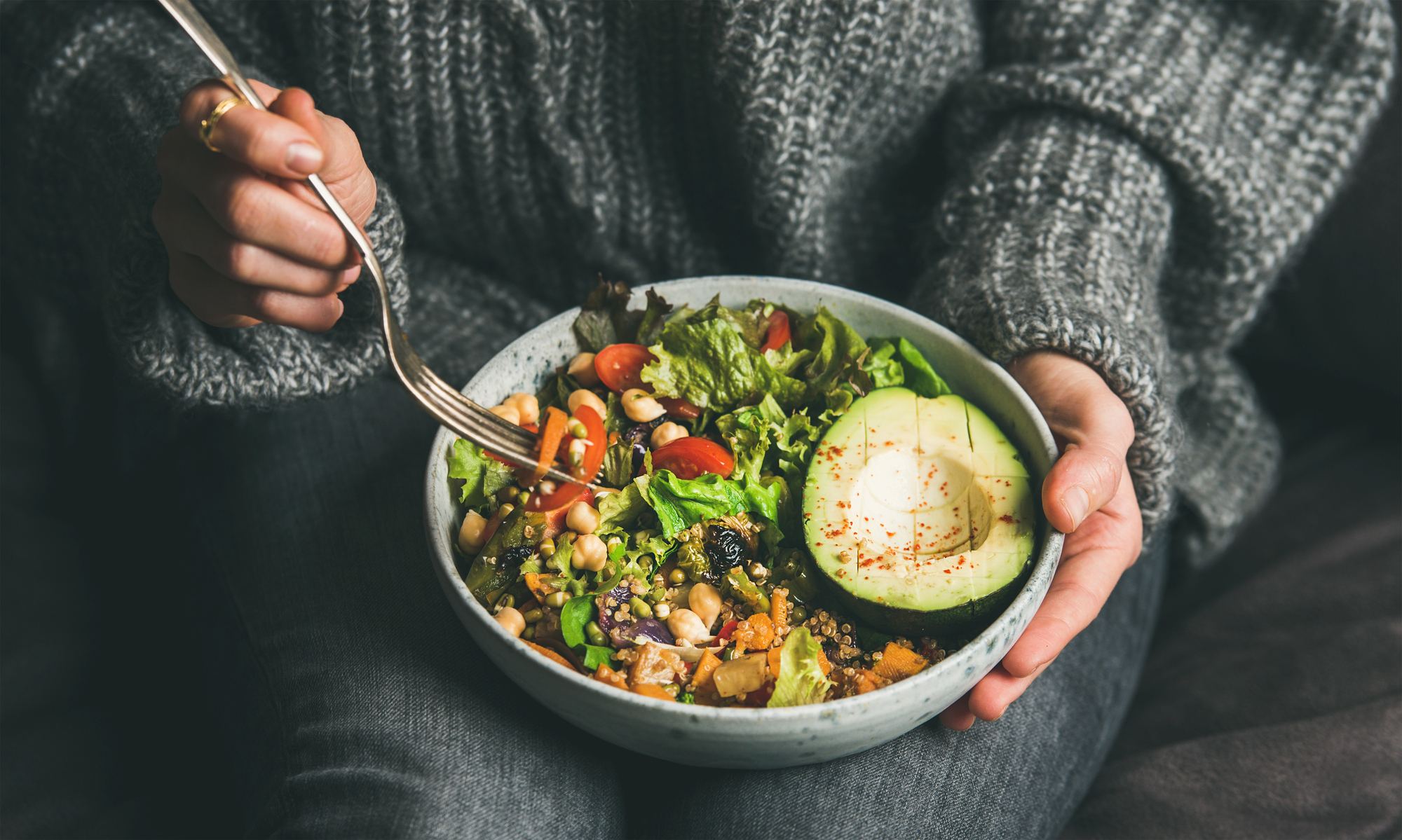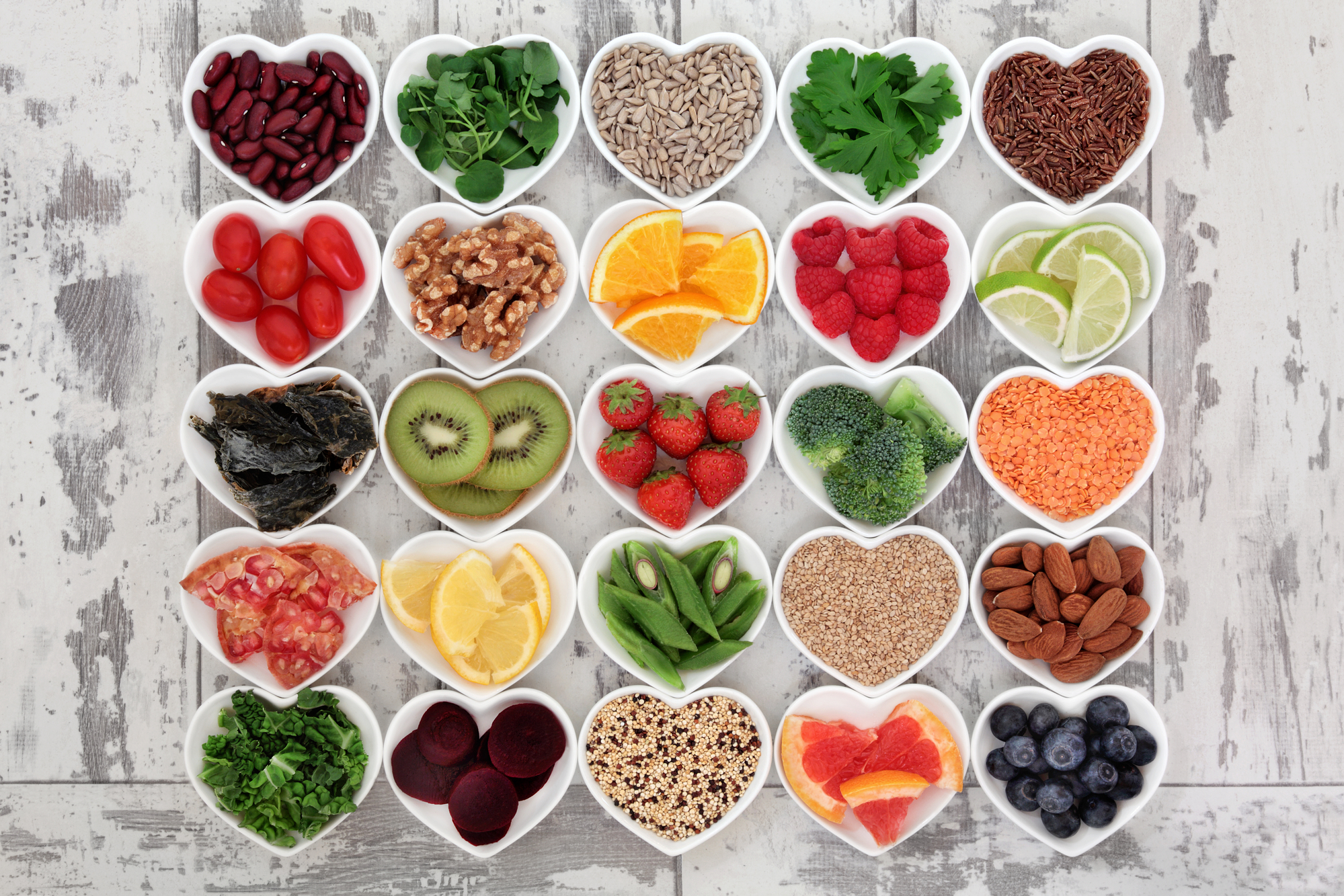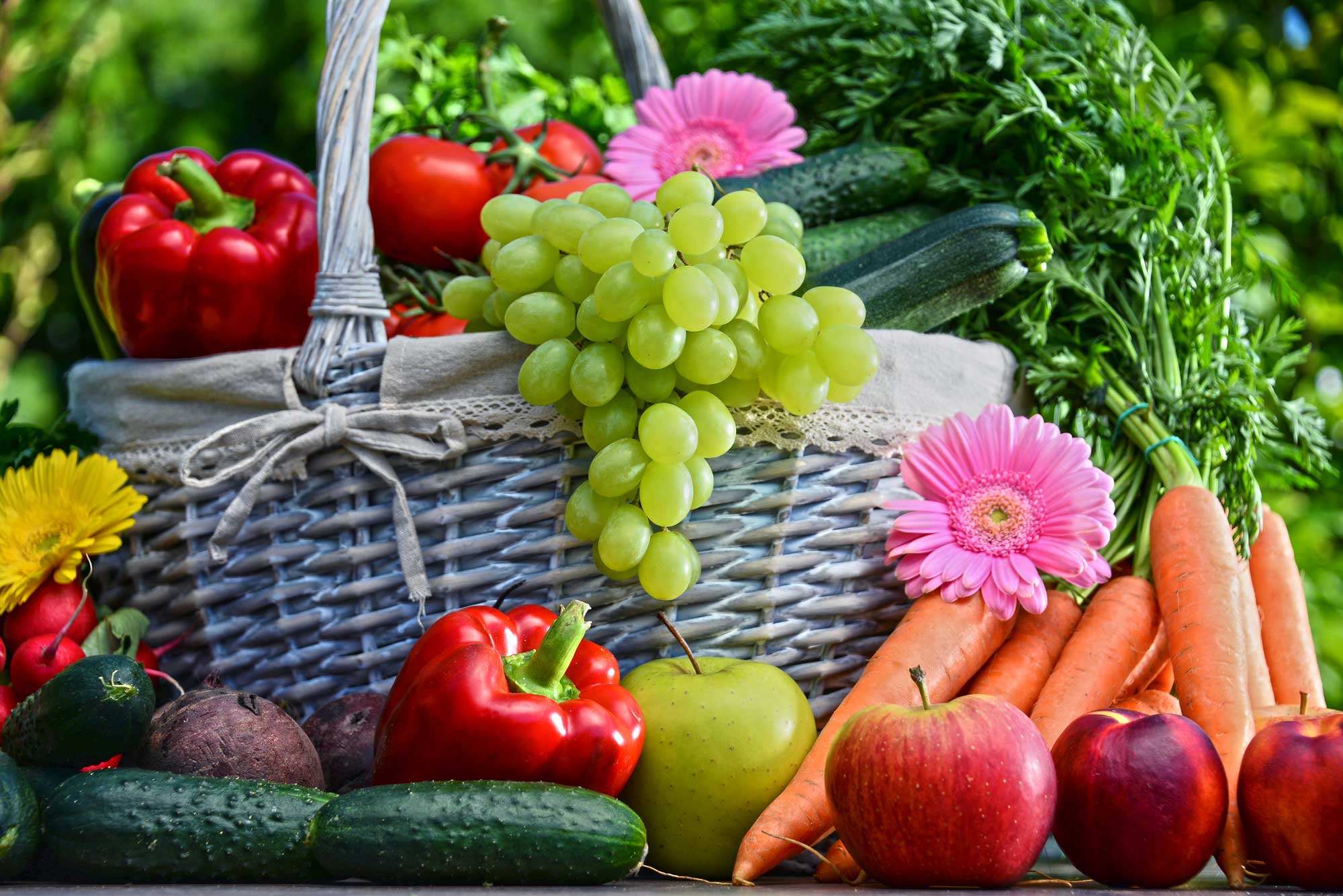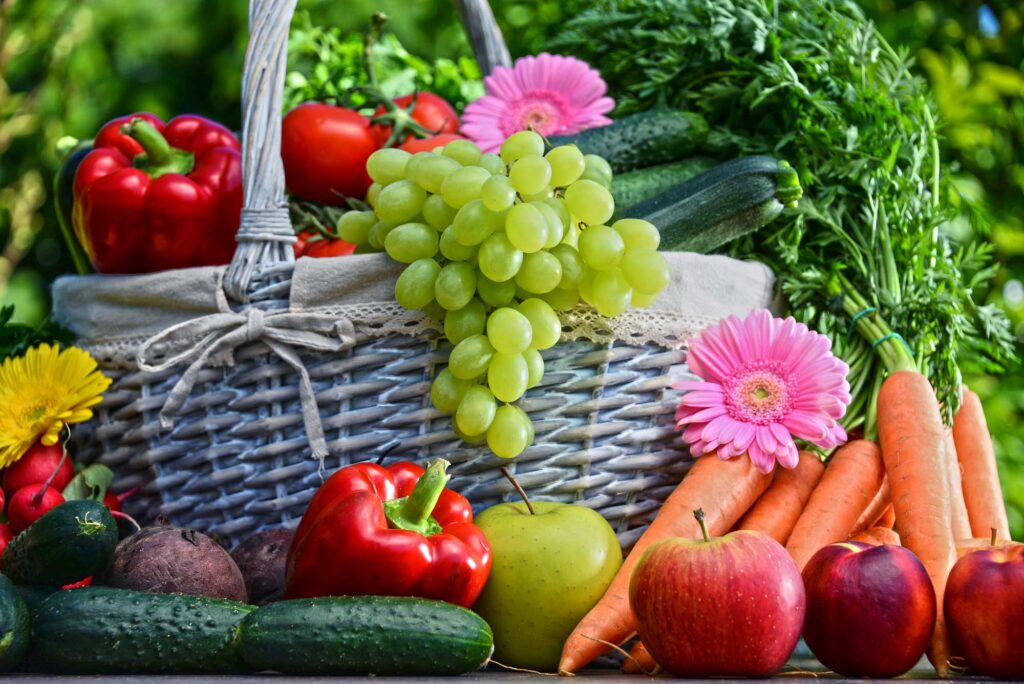Inflammation and chronic diseases can damage your health, but nature offers potent solutions in the form of plant-based foods. Plant nutrition supports the proper functioning of your bodily systems, allowing the body to heal itself naturally. Integrating these 5 plant-based foods for inflammation relief and disease prevention into your diet provides your body with the essential nutrients it needs for resilience and optimal wellness.
Eating various plant foods enriches your body with antioxidants, vitamins, and minerals, which play critical roles in combating inflammation. These nutrients help to neutralize harmful free radicals and reduce oxidative stress, a common contributor to chronic diseases. By prioritizing plant-based healing foods, you create a natural defense system within your body, making preventing and managing illness easier.
Embracing a diet rich in healing plant foods also ensures that you benefit from natural, anti-inflammatory properties. Many plant foods contain bioactive compounds that act as natural healers, reducing inflammation at its source. Whether dealing with minor aches or severe health concerns, these plant-based foods can help you maintain a balanced and healthful life.

Understanding Inflammation: The Root of Disease
Inflammation is the body’s natural response to injury or infection. When it becomes chronic, it can lead to multiple health issues, including heart disease, diabetes and auto-immune diseases.
Defining Inflammation and Its Impact on Health
Inflammation is the body’s defense mechanism against harmful stimuli. It involves the immune system’s response to infections, injuries, and toxins. When functioning correctly, inflammation helps heal wounds and fight infections.
Chronic inflammation occurs when this response lingers, leading to tissue damage and contributing to various diseases. Symptoms can include persistent pain, swelling, and fatigue. Chronic inflammation disrupts normal bodily functions and increases the risk of arthritis and autoimmune disorders.
The Connection Between Chronic Inflammation and Disease
There is a strong link between chronic inflammation and numerous health issues. Conditions such as obesity, heart disease, and type 2 diabetes are typically associated with prolonged inflammation. Chronic inflammation occurs when the immune system remains active, attacking healthy tissues.
Diet, stress, and lack of exercise can exacerbate inflammation. High sugar intake, processed foods, and trans fats are common dietary culprits. Addressing chronic inflammation through lifestyle changes, including a diet rich in anti-inflammatory plant foods, can lower your risk of developing these diseases.
The Power of Plant-Based Nutrition
Plant-based nutrition provides essential nutrients that fuel your bodily systems, supporting natural healing processes and overall wellness.

Essential Nutrients in Plant Foods
Plant foods are rich in vitamins, minerals, antioxidants, fiber, and phytonutrients. These nutrients play crucial roles in maintaining your health. In fruits and vegetables, vitamins like A, C, and E boost your immune system and protect against cellular damage. Minerals such as magnesium, potassium, and calcium are vital for bone health, nerve function, and muscle contraction.
Berries, nuts, and seeds contain antioxidants that help neutralize harmful free radicals in the body, reducing inflammation and lowering disease risk. Fiber from whole grains, beans, and legumes improves digestion, supports weight management, and helps control blood sugar levels.
How Plant Nutrients Support Bodily Systems
When you consume plant-based foods, the nutrients interact with your body’s systems to promote balance and natural healing. Fiber aids digestion by promoting regular bowel movements and feeding beneficial gut bacteria. A healthy gut microbiome enhances overall immune function and nutrient absorption.
Antioxidants protect cells from oxidative stress, reducing inflammation that can lead to chronic diseases like heart disease and arthritis. Vitamins and minerals play a role in countless metabolic processes. Magnesium, for instance, supports muscle and nerve functions, while potassium helps regulate blood pressure.
By incorporating various plant-based foods into your diet, you ensure your body has the tools to function optimally and heal from within.
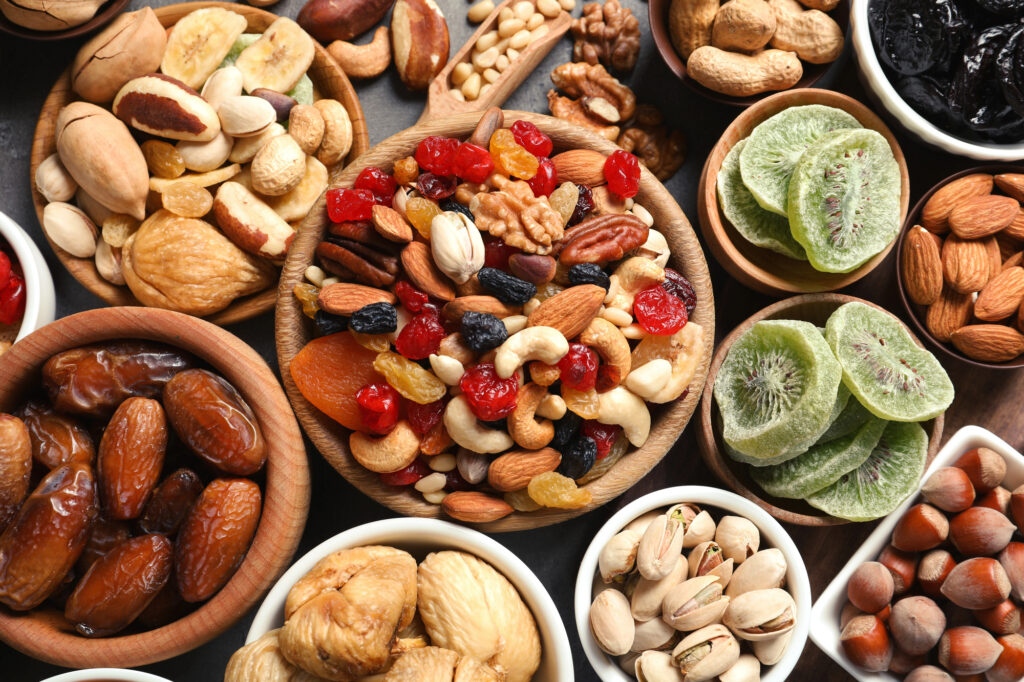
Top Five Healing Plant Foods
Plant-based foods provide essential nutrients that support the body’s natural healing processes and reduce inflammation. These foods contribute to the optimal functioning of bodily systems, enhancing overall health and wellness.
Leafy Greens: Nutrient-Dense Inflammation Fighters
Leafy greens like spinach, kale, and Swiss chard are rich in vitamins A, C, and K. They contain antioxidants such as beta-carotene and flavonoids, which reduce inflammation. Additionally, leafy greens provide essential minerals like calcium and magnesium. The fiber content supports digestive health, making these greens an excellent choice for a balanced diet.
Berries: Antioxidant Powerhouses
Berries like blueberries, blackberries, and raspberries contain antioxidants, particularly anthocyanins. These compounds help neutralize harmful free radicals in the body, reducing oxidative stress and inflammation. Berries also provide vitamin C and fiber, aiding in immune function and digestive health. Their low sugar content makes them a healthy snack option.
Nuts and Seeds: Healthy Fats and Fiber
Nuts and seeds, including almonds, chia seeds, and flaxseeds, offer a rich source of omega-3 fatty acids. These healthy fats combat inflammation and support brain health. High in protein and fiber, they help regulate blood sugar levels and promote satiety–a feeling of fullness and satisfaction after eating or drinking. Magnesium and vitamin E found in nuts support heart health and cellular function. Magnesium can improve mood, sleep and exercise performance.
Whole Grains: Sustained Energy and Gut Health
Whole grains such as quinoa, brown rice, and oats provide sustained energy through complex carbohydrates. They are high in fiber, which aids in digestion and promotes a healthy gut microbiome. Whole grains are also rich in B vitamins, essential for energy metabolism, and minerals like iron and zinc that support various bodily functions.
Legumes: Plant-Based Protein and Complex Carbohydrates
Legumes, including lentils, chickpeas, and black beans, are excellent plant-based protein sources. They also provide complex carbohydrates that are digested slower in the body, ensuring stable blood sugar levels. Rich in fiber, legumes promote digestive health and are known to lower cholesterol levels. They also contain essential micronutrients like folate, iron, and potassium.
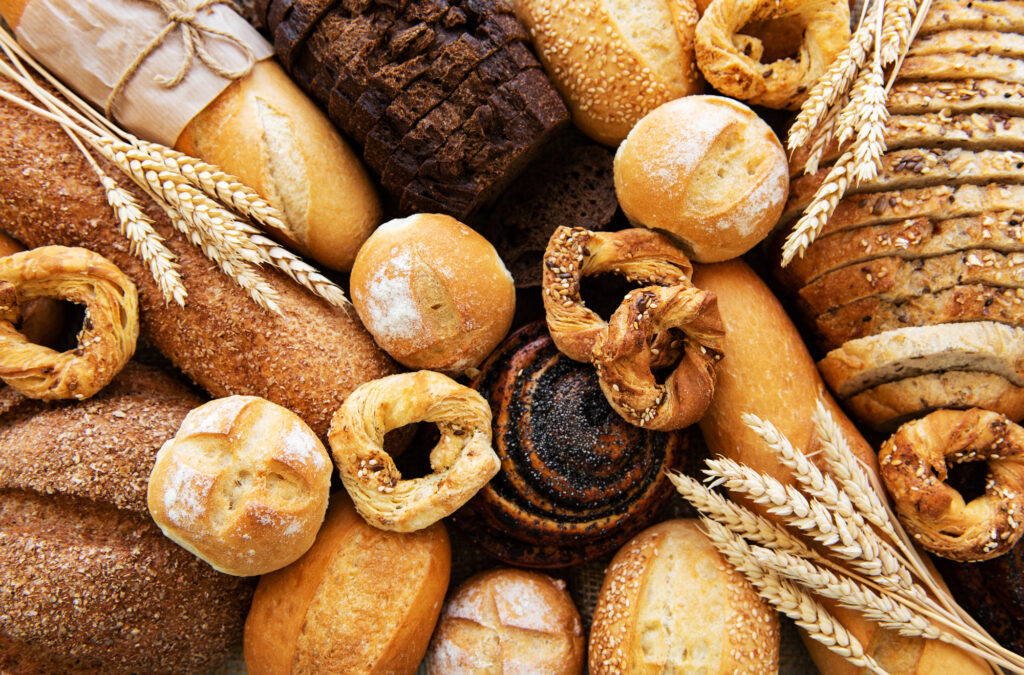
Incorporating Healing Foods into Your Diet
Integrating plant-based, anti-inflammatory foods into your daily meals can enhance your body’s natural healing processes. These foods help balance bodily systems and reduce disease risk.
Meal Planning with Anti-Inflammatory Foods
Begin by incorporating a variety of fruits, vegetables, nuts, seeds, and whole grains into each meal. Focus on a rainbow of colors on your plate, like leafy greens, berries, and bright peppers.
Create a meal plan that incorporates healing foods and includes breakfast, lunch, and dinner options. For instance, consider a breakfast smoothie with spinach, blueberries, and chia seeds. For lunch, consider a quinoa salad with tomatoes, cucumbers, and avocado.
Dinner can include a stir-fry with broccoli, bell peppers, and lentils. Snacks could be a handful of almonds or an apple. This variety ensures you get a range of vitamins, minerals, and antioxidants daily for maximum benefits.
Lifestyle Considerations for Holistic Wellness
To promote holistic wellness, consider the interplay of hydration, exercise, and mindfulness. These elements support the body’s ability to harness plant nutrition for optimal function and natural healing.
The Importance of Hydration
Hydration is crucial for maintaining bodily functions and allowing nutrients to circulate efficiently. Drinking adequate water helps digestion, absorption, and transportation of nutrients. Aim to consume at least eight 8-ounce glasses of water daily.
Proper hydration keeps skin healthy, supports kidney function, and aids in detoxification. Staying hydrated also helps maintain cognitive function and physical performance. How do you gauge your hydration levels? It would be best to observe your body’s signals, such as thirst and urine color.
Exercise and Its Anti-Inflammatory Effects
Regular physical activity is an effective way to reduce inflammation. At least 150 minutes of moderate exercise weekly can help manage weight, improve cardiovascular health, and strengthen the immune system.
Exercise stimulates the production of anti-inflammatory cytokines and reduces the presence of inflammatory markers. Activities like walking, swimming, and yoga are particularly beneficial. Incorporate both aerobic and strength training exercises into your routine.
Remember to start slowly, especially if you are new to exercise, and gradually increase the intensity.
Mindfulness and Stress Reduction
Mindfulness practices can significantly reduce stress, which, in turn, lowers inflammation. Meditation, deep breathing, and progressive muscle relaxation are effective stress management methods.
Practicing mindfulness helps regulate cortisol levels, which play a role in inflammation. Set aside 10-20 minutes daily for mindfulness exercises. Staying present and focused on your breathing can improve mental clarity and emotional stability.
Integrating these practices into your daily routine supports the body’s natural healing processes and enhances your overall well-being.
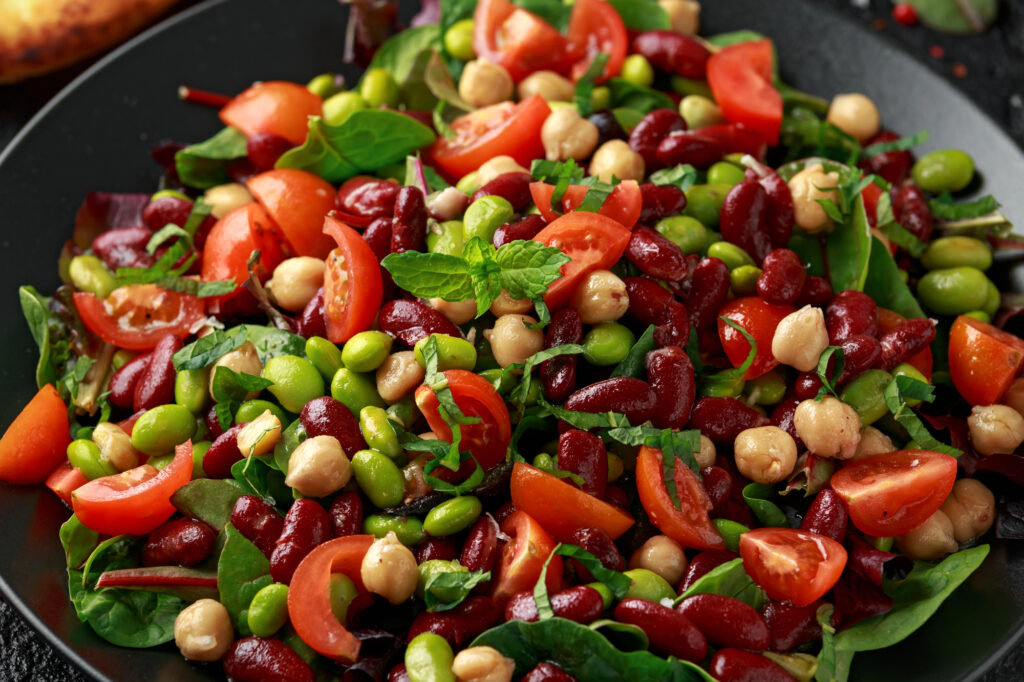
Monitoring Your Progress: The Role of Self-Reflection
Self-reflection is essential for assessing the effectiveness of a plant-based diet on inflammation and disease prevention. Regularly reflecting on your dietary choices and their impacts ensures that your approach remains aligned with your wellness goals.
Keeping a Food and Symptom Diary
Maintaining a food and symptom diary lets you track what you eat and how you feel afterward. Record each meal, snack, and beverage you consume daily. Additionally, note any symptoms like pain, fatigue, or digestive issues. Over time, patterns will emerge to help you identify which foods benefit your health.
Pay attention to specifics. Describe any physical changes, energy levels, skin conditions, or mood shifts. Noting the time of day can also be informative. This detailed record offers insights into how your body responds to different plant-based foods, enabling you to make informed dietary adjustments.
Adjusting Your Diet Based on Body’s Responses
Reflecting on your food and symptom diary, you can adjust your diet to enhance healing. Identify foods that consistently lead to positive outcomes. Conversely, pinpoint any that trigger symptoms or discomfort. This iterative process helps you optimize your plant-based nutrition for better health outcomes.
Focus on foods that support digestion and reduce inflammation, ensuring your body gets the necessary nutrients to function optimally.
A nurturing community such as Love Yourself Holistic plays a vital role in fostering a holistic approach to managing inflammation and enhancing your daily habits. Within our community, you’ll connect with others who share your enthusiasm for health and nutrition, all focused on promoting well-being. We are thrilled you have joined us! Wishing you a journey of healing and wellness!


